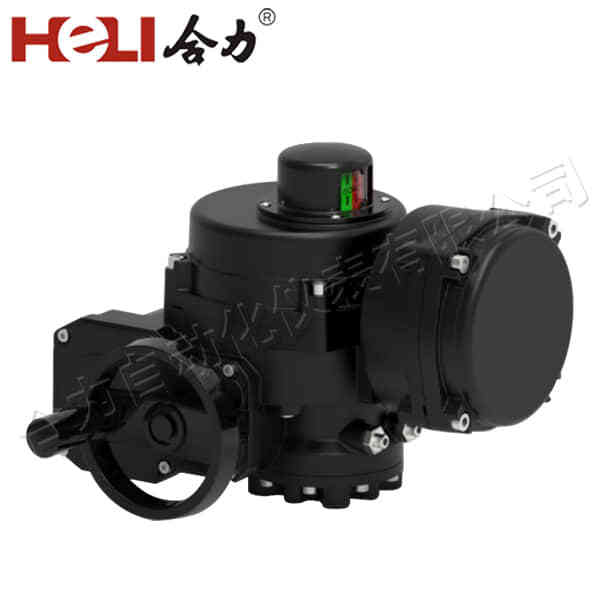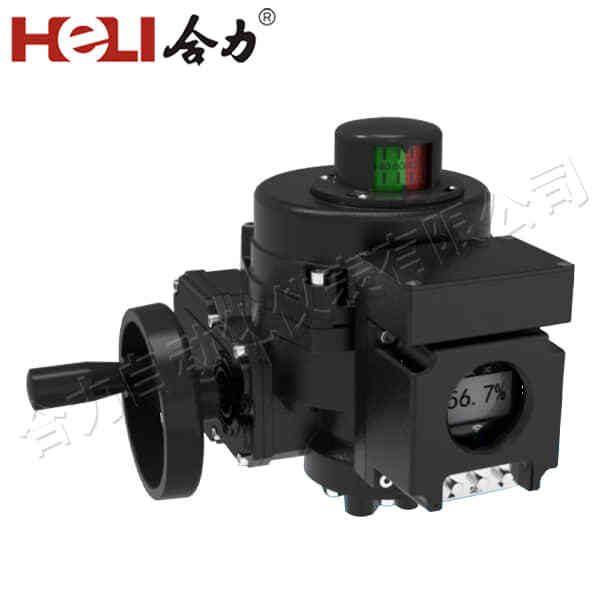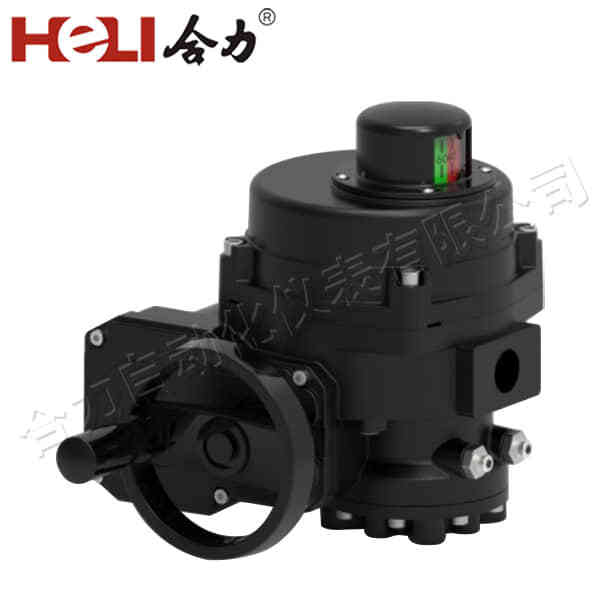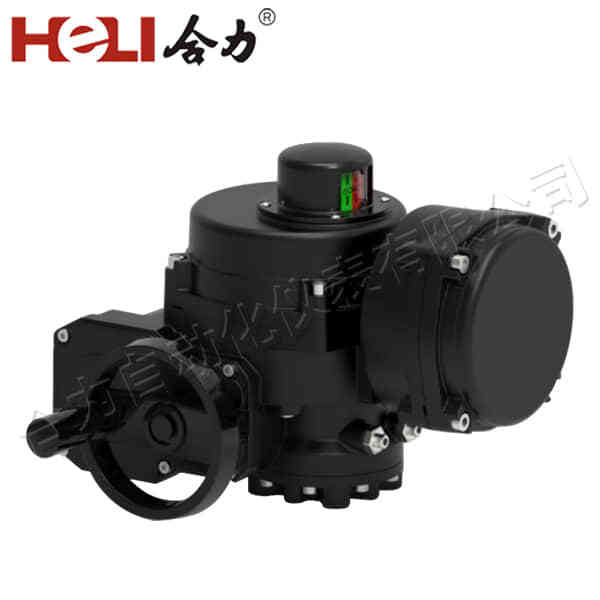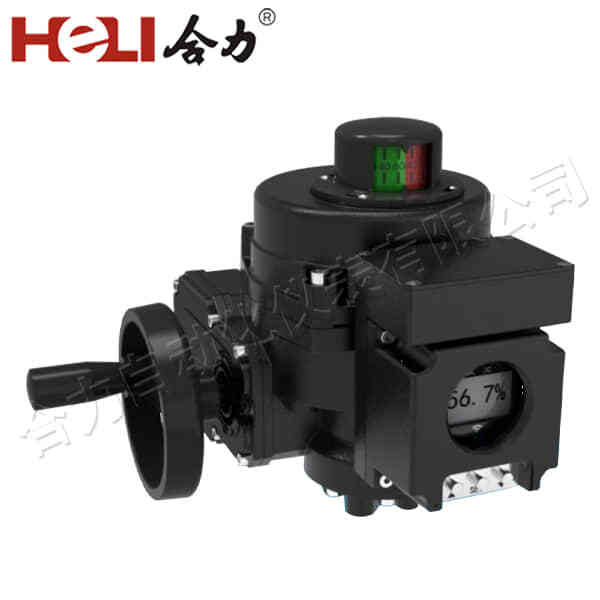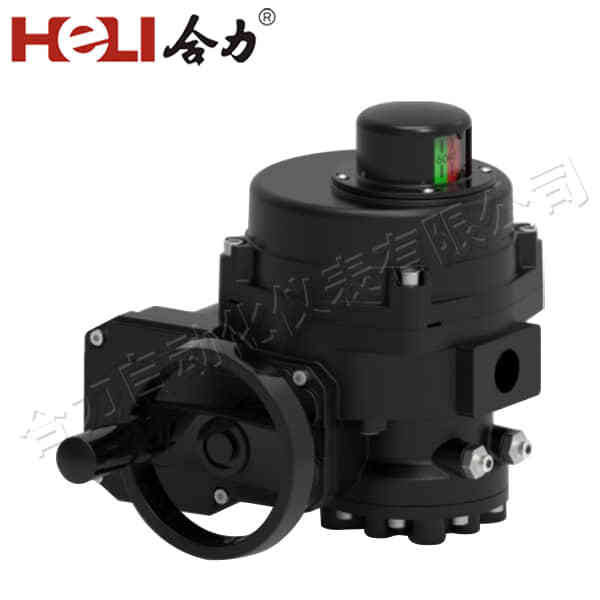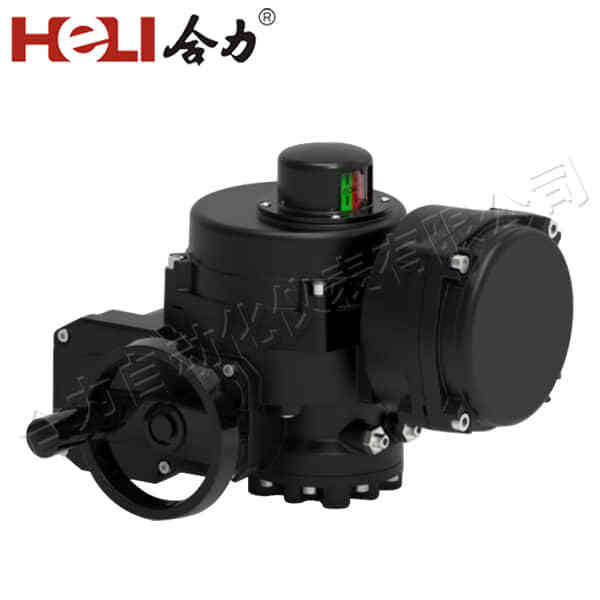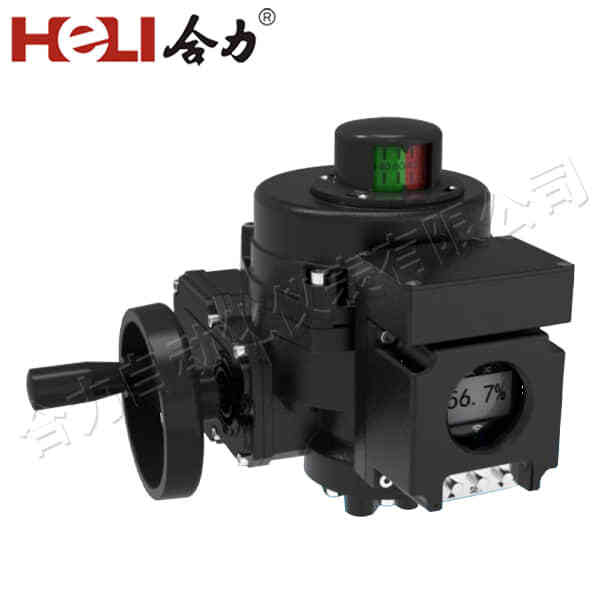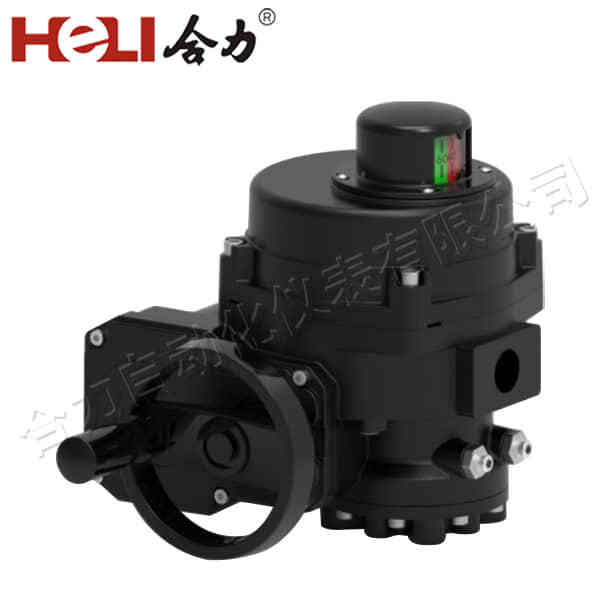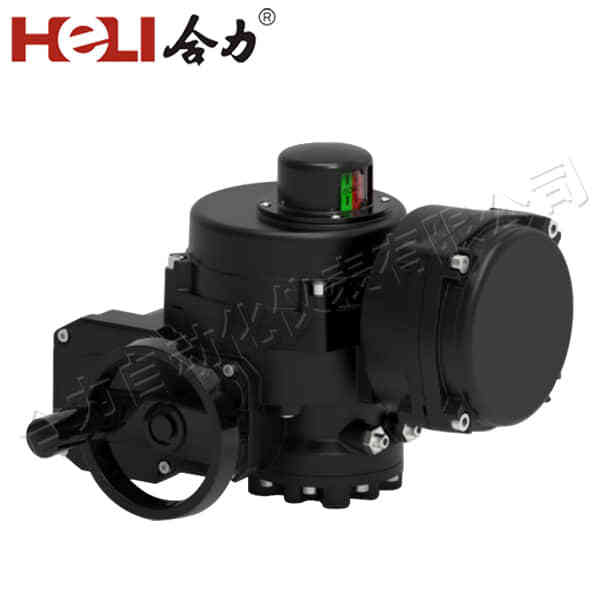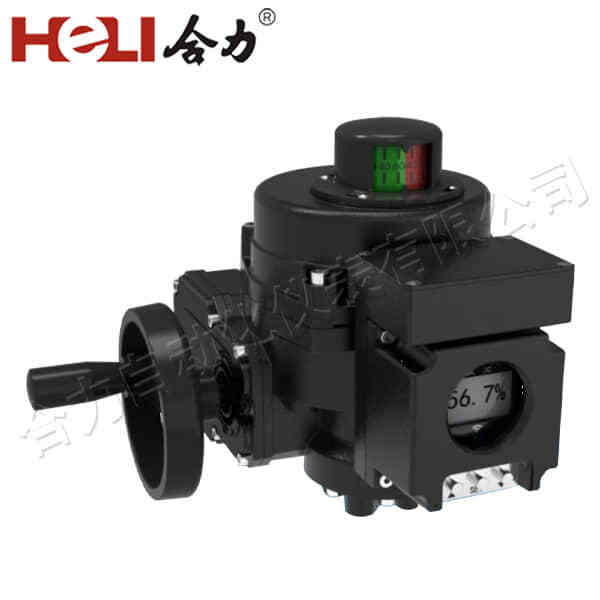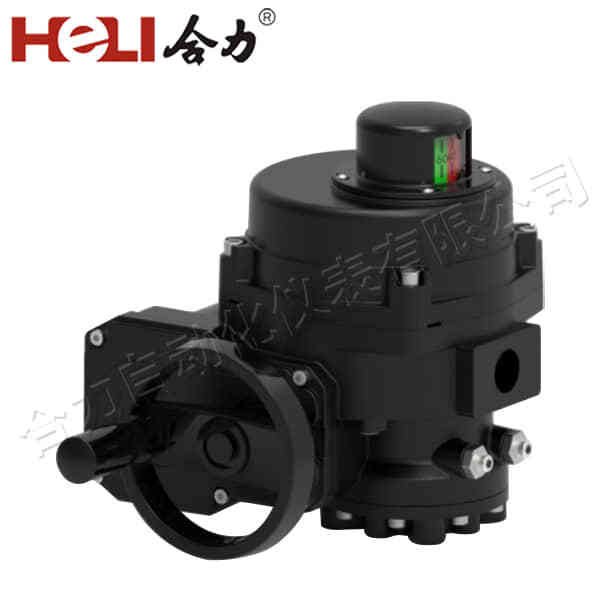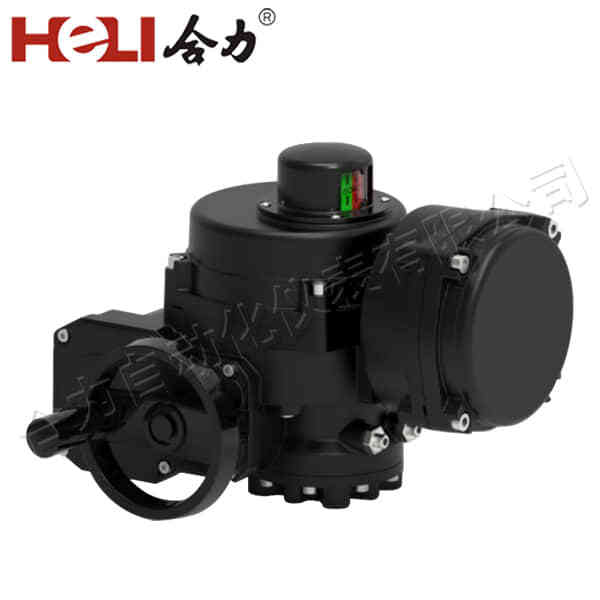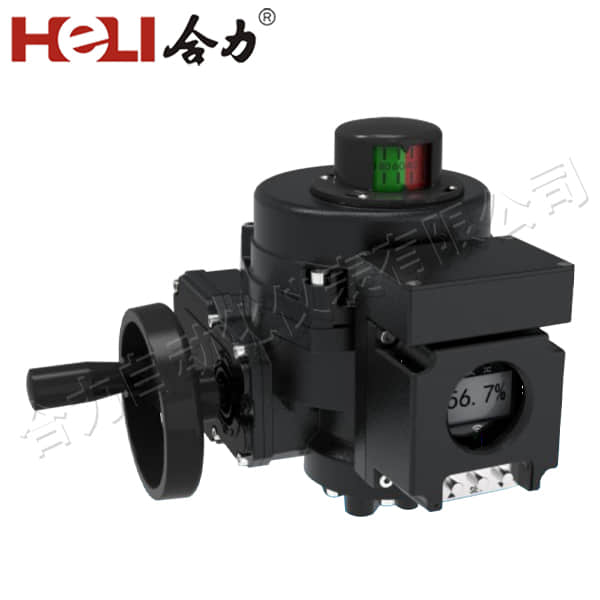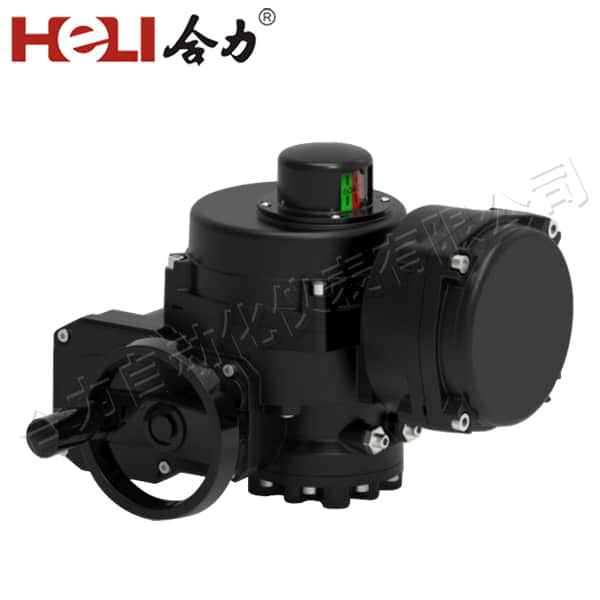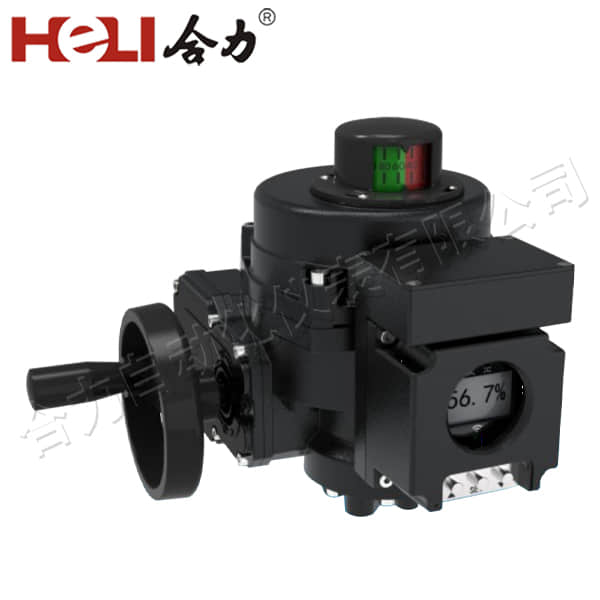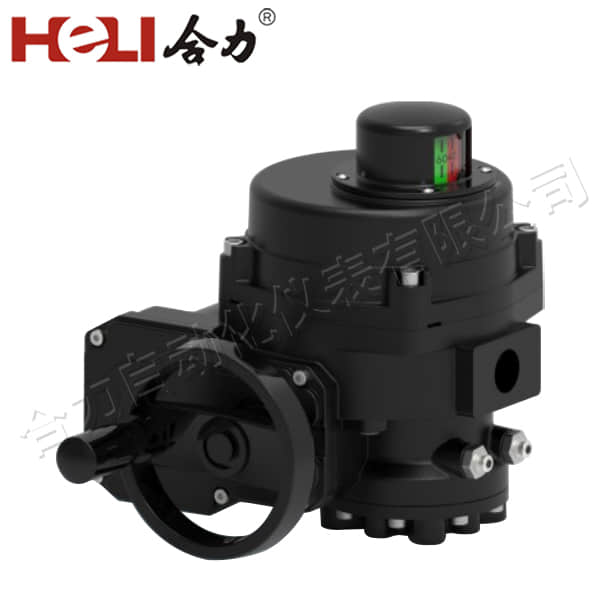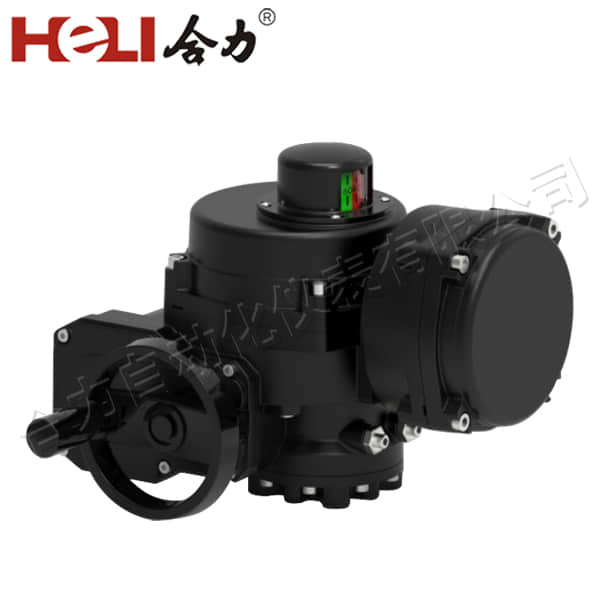In the realm of industrial automation and control systems, valve electric actuators have become an indispensable component for a wide range of applications. Whether it’s regulating the flow of fluids, gases, or other substances, the role of these actuators in maintaining efficiency, precision, and safety cannot be overstated. As industries continue to demand higher performance and reliability, the evolution of valve electric actuators is a direct response to these needs. This article explores the significance of Valve Electric Actuator Manufacturers, the technology behind these actuators, and their impact on various industries.
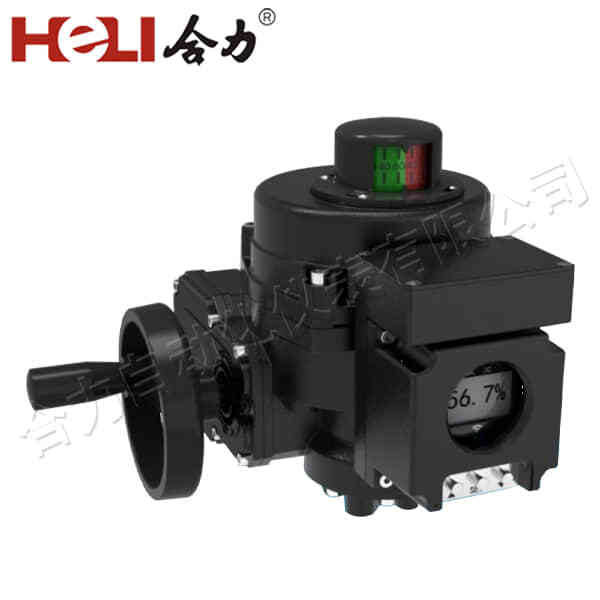
Understanding Valve Electric Actuators
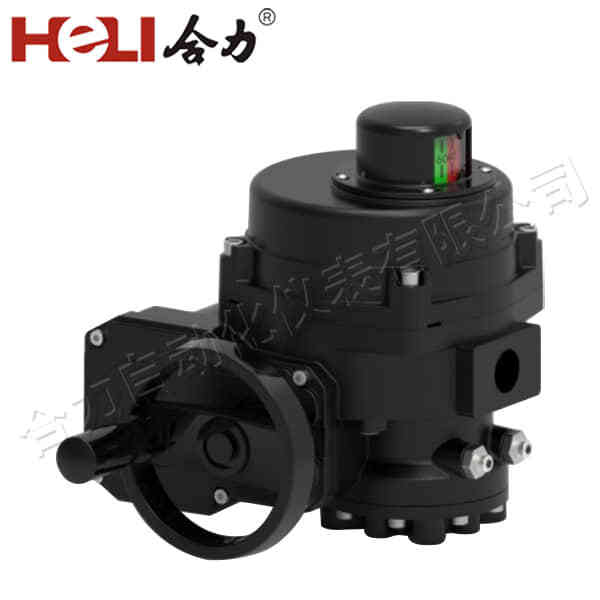
A valve electric actuator is a device that uses electric power to control the operation of a valve. Typically, it converts electrical energy into mechanical motion, which in turn adjusts the valve’s position to regulate the flow of materials through pipelines. These actuators are designed to be robust, efficient, and highly precise, ensuring that the valve responds accurately to commands without the need for manual intervention. Electric actuators come in various designs, depending on the type of valve they are meant to control. Common valve types include ball valves, gate valves, globe valves, and butterfly valves. Regardless of the specific application, the primary function remains the same: to provide reliable and automated control over valve positions.
